Farm & Ranch
Have Coggins? Will travel.
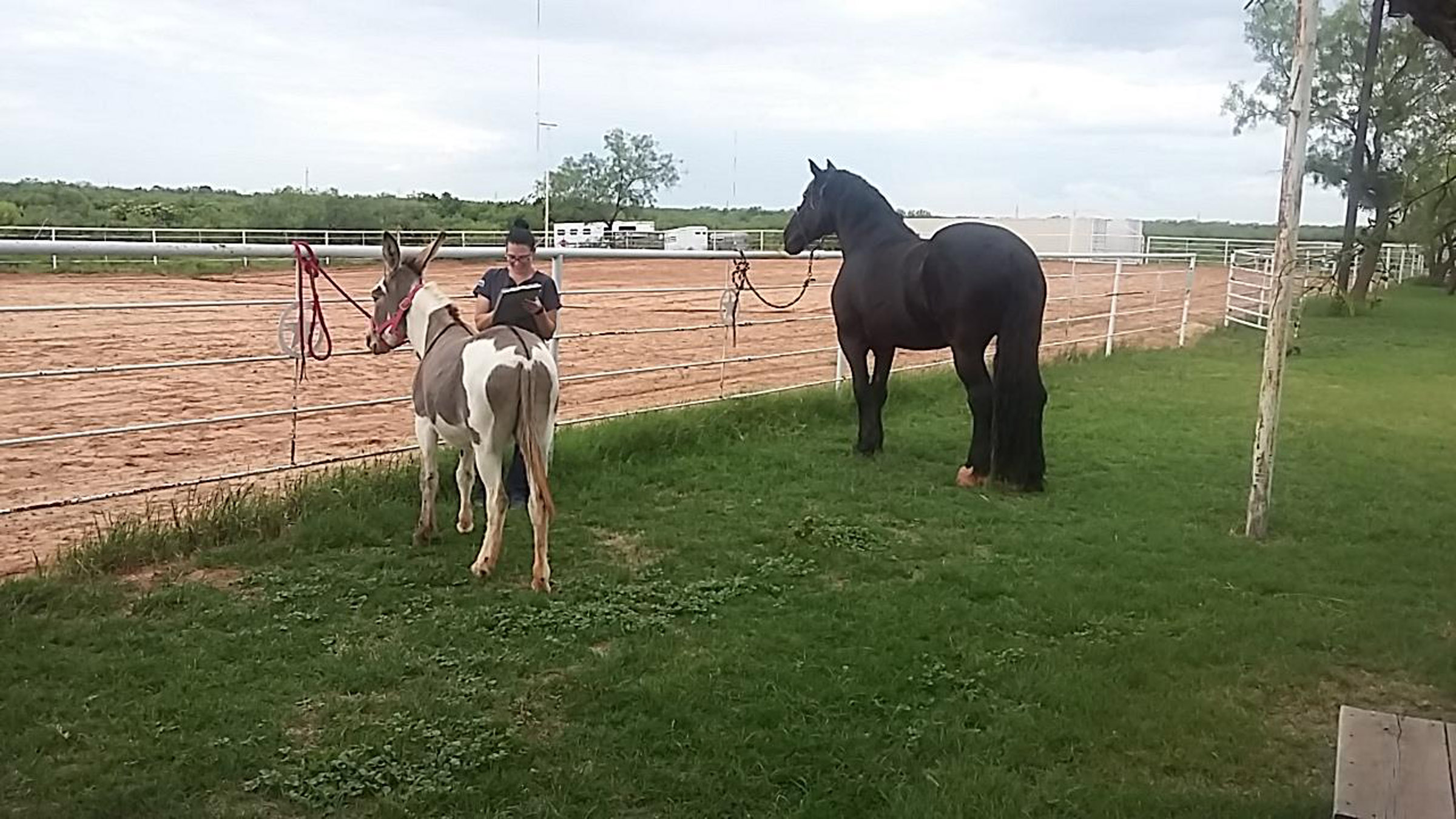
By Jessica Crabtree and Dr. Jered Harlan
What does it mean to have a Coggins?
When stating, “I need a Coggins,” you are actually testing for equine infectious anemia (EIA).
Why is it so important to have a Coggins?
Equine infectious anemia is a viral disease affecting horses and their relatives in the Equidae family including mules, donkeys and zebras. Transmission via blood occurs either by biting insects such as horse flies and deer flies or contaminated objects such as needles.
Can it affect me or any of my other animals?
No. It does not affect other ranch animals or people.
Must I have a Coggins test done?
Yes. Equine Infectious Anemia is a viral disease. There is no vaccine and no cure for it. The majority of horses succumb rapidly to EIA although a percentage of infected horses appear to recover. However, they still harbor the virus and during times of stress may become ill again. It is because of these healthy appearing carriers that we test horses. It insures that we do not put their pasture mates at risk.
How is the disease transmitted?
Researchers have found the disease is spread through horseflies, with large horseflies being the main culprit. When a horsefly bites an infected horse, then bites a healthy horse, the disease has been transmitted and the healthy horse compromised.
For one horse to infect another, they must be relatively close because the virus does not live long in the horse fly. The virus in a horsefly only lasts 15 to 30 minutes. This disease can occur anywhere horseflies inhabit.
To read more pick up a copy of the July 2017 NTFR issue. To subscribe call 940-872-5922.
Farm & Ranch
Managing Show Cattle Through The Winter

By Heather Welper
Husband and wife duo, Heather and Calvin Welper, are the Co-Owners and Operators or Two C Livestock, located in Valley View, Texas.
The pair’s operation has a show cattle focus where they raise and sell purebred heifers of all breeds and club calf Hereford steers.
When it comes to show cattle, the Welpers know a thing or two including how to prepare for the cold winter months and the Texas major show season run.
To read more, pick up a copy of the November edition of North Texas Farm & Ranch magazine, available digitally and in print. To subscribe by mail, call 940-872-5922.
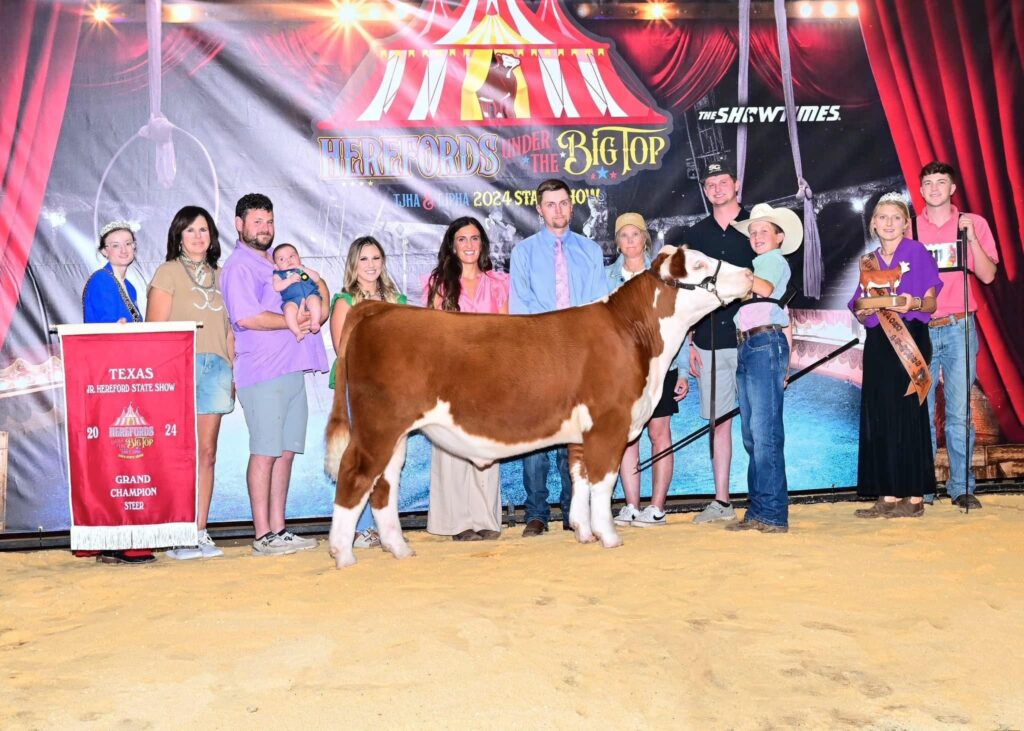
Farm & Ranch
Double M Ranch & Rescue

By Hannah Claxton, Editor
As the sun rises each day, so do the dozens of mouths that Meghan McGovern is responsible for getting fed. Rather than the sounds of a rooster crowing, McGovern hears the bellows and bleats of a variety of exotic deer, the chortle of kangaroos, the grunts of water buffaloes, and the chirps of a lemur.
Nestled against the banks of the Red River, the Double M Ranch and Rescue, with its high game fences and deer sprinkling the landscape,s its in stark contrast to the surrounding ranches.
“Having deer is kind of like eating potato chips- you can never actually have just one,” said McGovern with a laugh.
McGovern has several herds to take care of- fallow deer, axis deer, water buffalo, goats, and bison. In smaller numbers, there’s also a few kangaroos, a lemur, a potbelly pig, a pair of zebras, a watusi, and a few horses.
To read more, pick up a copy of the November edition of North Texas Farm & Ranch magazine, available digitally and in print. To subscribe by mail, call 940-872-5922.
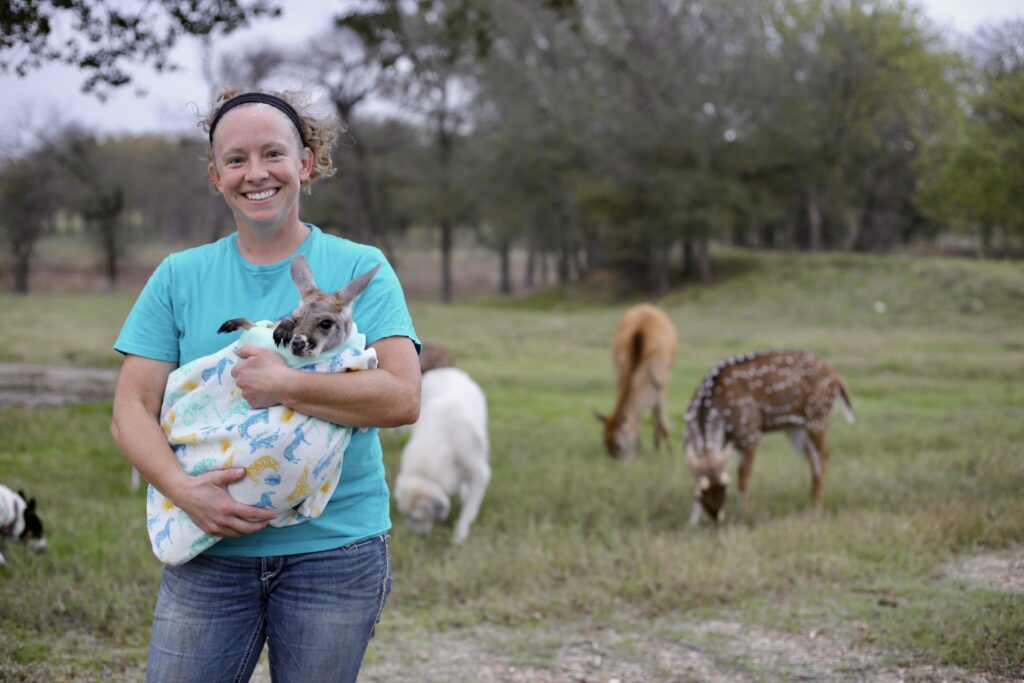
Farm & Ranch
Acorn Toxicity
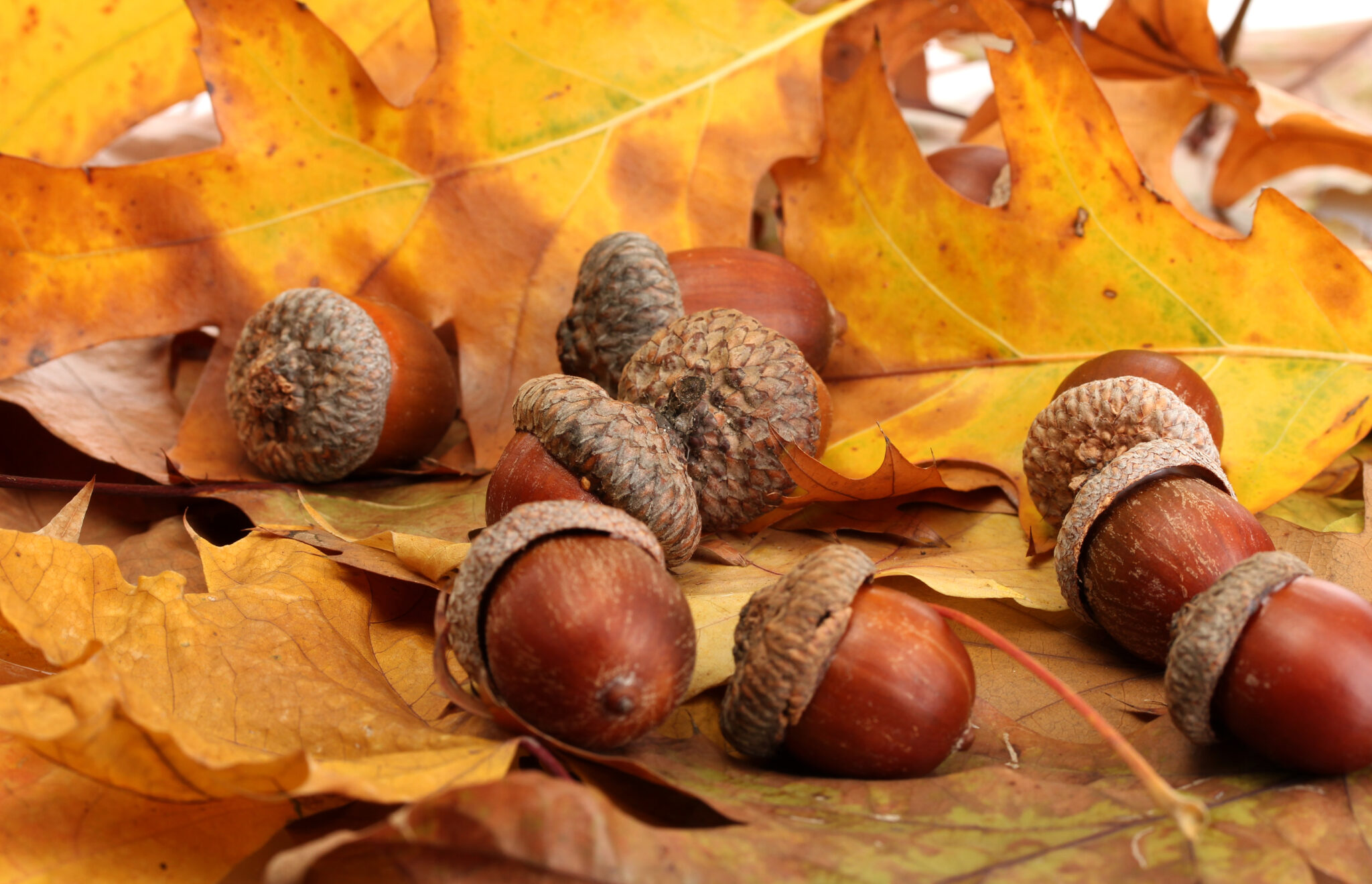
By Barry Whitworth, DVM, MPH
With the prolonged drought, most pastures in Oklahoma end up in poor condition. With the lack of available forage, animals may go in search of alternative foods.
If oak trees are in the pastures, acorns may be a favorite meal for some livestock in the fall. This may result in oak poisoning.
Oak leaves, twigs, buds, and acorns may be toxic to some animals when consumed.
To read more, pick up a copy of the November edition of North Texas Farm & Ranch magazine, available digitally and in print. To subscribe by mail, call 940-872-5922.
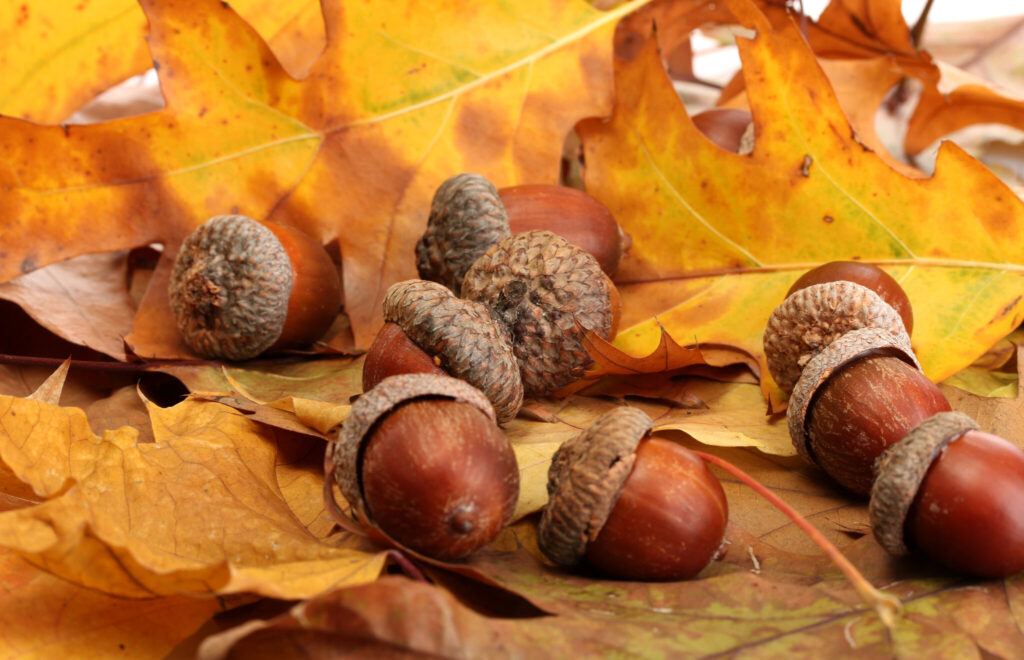
-

 Country Lifestyles2 years ago
Country Lifestyles2 years agoScott & Stacey Schumacher: A Growth Mindset
-

 Country Lifestyles8 years ago
Country Lifestyles8 years agoStyle Your Profile – What your style cowboy hat says about you and new trends in 2017
-

 HOME8 years ago
HOME8 years agoGrazing North Texas – Wilman Lovegrass
-

 Outdoor10 years ago
Outdoor10 years agoButtercup or Primrose?
-

 Country Lifestyles5 years ago
Country Lifestyles5 years agoAmber Crawford, Breakaway Roper
-

 Equine1 year ago
Equine1 year agoThe Will to Win
-

 Country Lifestyles9 years ago
Country Lifestyles9 years agoJune 2016 Profile – The man behind the mic: Bob Tallman
-

 Country Lifestyles8 years ago
Country Lifestyles8 years agoDecember 2016 Profile, Rusty Riddle – The Riddle Way




